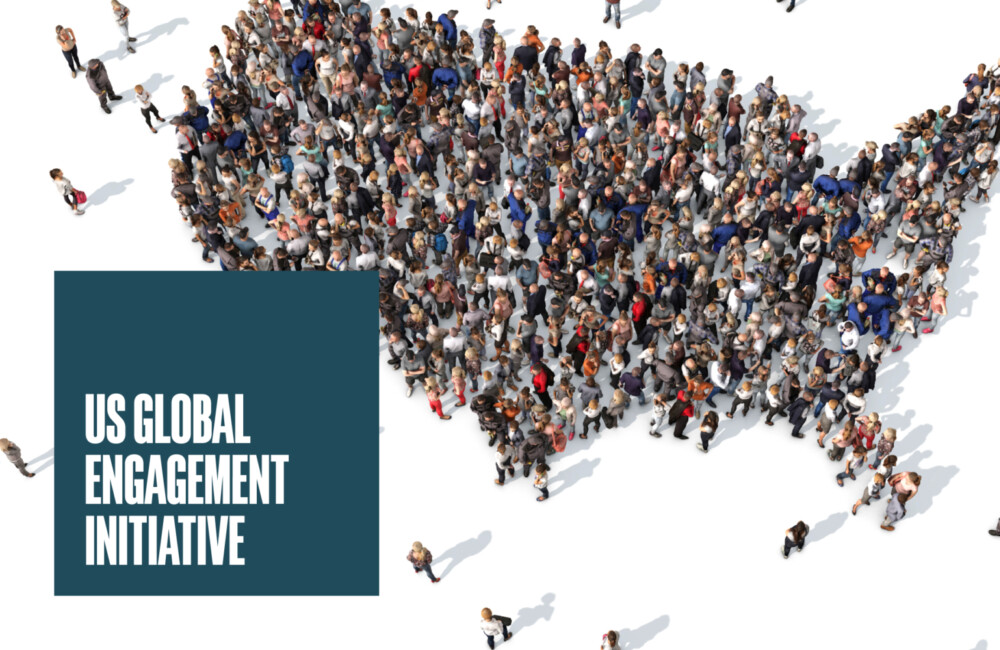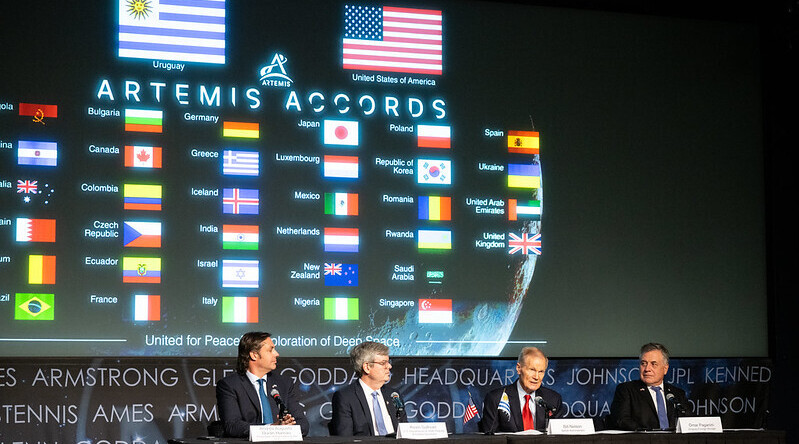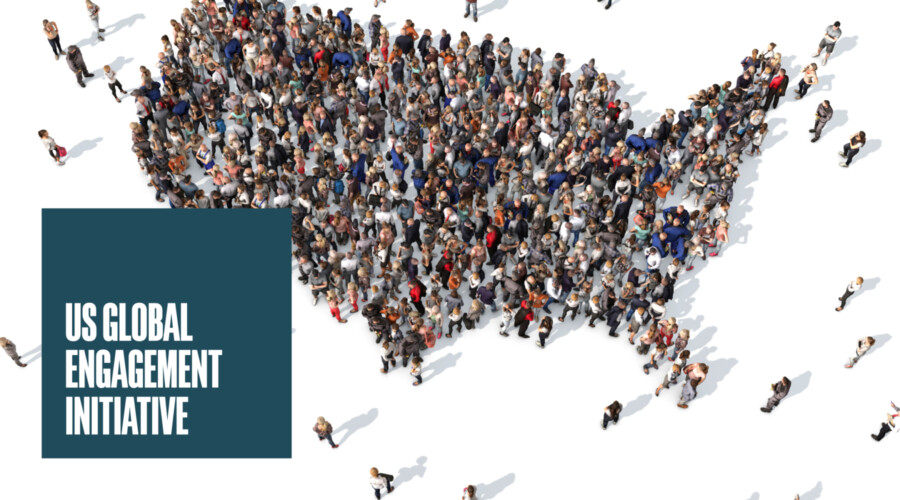In Politics Among Nations (1954 2nd Edition), the great political philosopher Hans Morgenthau penned "The Promise of Diplomacy: Its Nine Rules." Under "Fundamental Rules," he cautions that "diplomacy must look at the political scene from the point of view of other nations," and goes on to quote the great 18th-century British parliamentarian, Edmund Burke: "Nothing is so fatal to a nation as an extreme of self-partiality, and the total want of consideration of what others will naturally hope or fear."
While addressing, in Morgenthau's own words, "the contemporary situation," his advice is timeless, and well worth the attention of U.S. policymakers in a changing world order—both in critical bilateral relations and in those with new, emerging regional arrangements.
Over the past three years, the Carnegie Council has explored these new contours of international relations through a project we have titled "The Rise of the Rest" (a term coined by Fareed Zakaria). This has attracted some dramatic, even hyperbolic subtitles: "World Without the West," or "a post-American World;" but, in fact, the "Rise of the Rest" focuses not on decline of existing powers but, as it suggests, the emergence to prominence of others. Moreover, as we emphasized in our most recent session (the third), this is not a development of a large, global anti-American alliance; rather it is, as one scholar observed, "ways to route around the United States…to [look for] ways in which questions of global and regional concern can be discussed and settled without all roads having to lead through Washington." Or, as another expert put it, we are contemplating the "multi-alignment" phenomenon in international relations.
"Rise of the Rest III" dealt with climate change, energy, and global governance after the financial crisis. As such, it provided an excellent topical illustration of the generic proposition. This runs as follows: even as much of the world blamed the United States for the origins of the global financial crisis, its severity would inflict greatest damage on the emerging economies and, willy-nilly, drive the rising powers back to the ultimately safe financial haven of the United States and the West. In the event, and to varying degrees, the economies of the rising powers have been shaken but not shattered (ironically, it is some of the Western economies, such as Greece, that are in most parlous condition), and the Rise goes on.
The manifestations of this are obvious, and manifold, and we offer only a handful. Most familiar is perhaps BRIC (Brazil, Russia, India, China—to which now is commonly added Indonesia, to form "BRICI"). Again, it is important to note that BRIC(I) is not (to quote our Rise of the Rest scholar once more) "a cohesive alliance all four countries are in (some anti-U.S., anti-West) lockstep together."
Rather, the member states see the advantage of a degree of coordination, of collective bargaining at the table of global economic, security, and political arrangements. As such, they are a counterbalance rather than a competitor to the Euro-Atlantic alliance.
Other cross-regional entities include the Shanghai Cooperation Organization, a decade-old grouping of Russia, China, and four Central Asian states (with India, Iran, and Pakistan having observer status at various times), once largely dismissed in the West as a symbolic anti-NATO gesture, but now clearly a player of significance in a strategically critical extended neighborhood. There are, too, important "work-in-progress" bilateral relationships, including tentative warming trends between Japan and China, China and Russia. Most recently, India and Russia announced a broad $11 billion agreement on aerodynamics, defense, and information technology.
And so, back to Morgenthau: it behooves the United States—still and for the foreseeable future the planet's preeminent military and economic power—to accept these developments for what they are, to recognize the interests of others as they explore and act upon them, and to see opportunity for burden sharing rather than threat to primacy. On a topical, and regrettably somewhat negative note, it is hardly helpful when President Obama goes to the Copenhagen conference on climate change and lectures "developing countries that want aid with no strings attached," with the merest acknowledgment in passing of America's role as the second largest emitter of greenhouse gases. In fact, climate change offers perhaps the epitome of the global threat around which established and emerging political fraternities might seek constructive concert.
Finally, and not to end on a negative note, "Rise of the Rest III" did at the end reiterate the essential American role in this and other challenges. As one participant summarized:
"It's not going to be an American solution, but American leadership may be critical to getting a solution through. But you also have to have leadership in the United States that is willing to make compromises and is willing to defend these compromises and is not going to fold at the first sign of congressional protest or bad reaction in the media…." It is in this Morgenthau-like acknowledgment of the greater interest that the United States will best address the Rise of the Rest.




